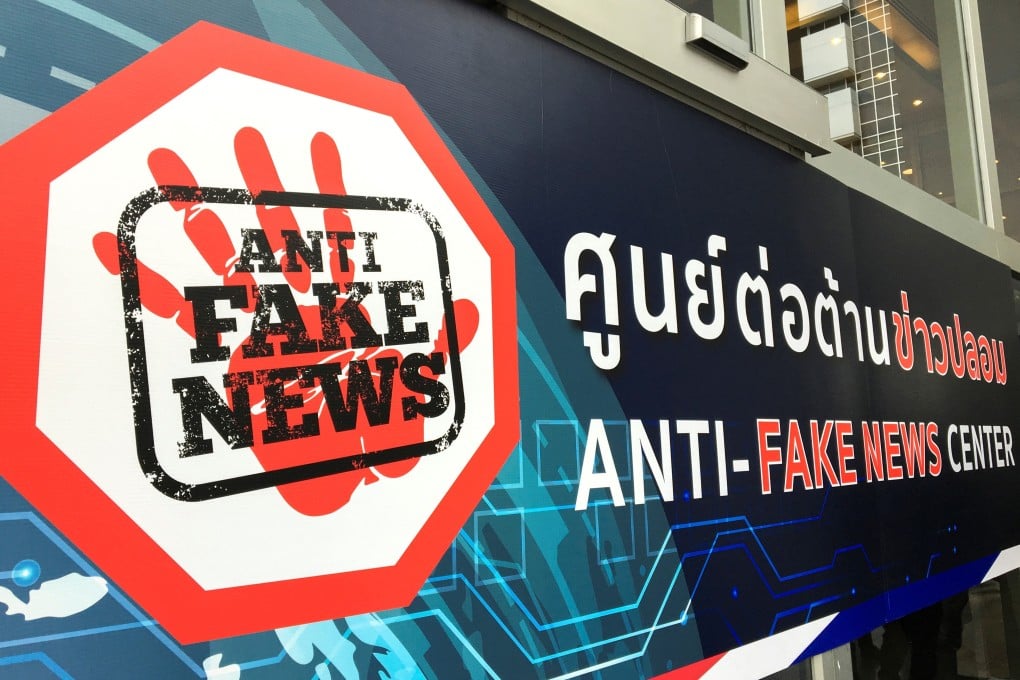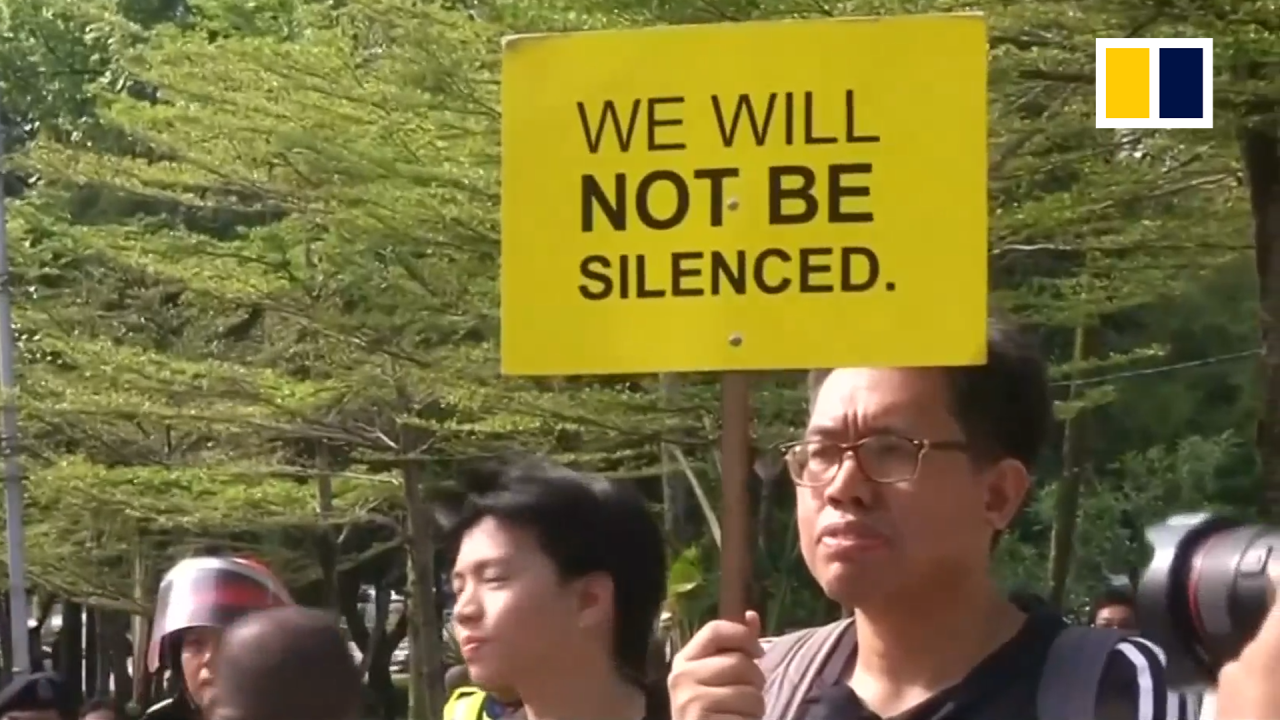Opinion | Calls for ‘fake news’ laws need strict scrutiny to ensure public’s rights are preserved
- Fake news laws protecting peace and quiet are inherently paternalistic, even infantilising the people and denying their natural resilience
- Calls to criminalise fake news should be rejected where free speech and press freedom are threatened – the same places where they are most popular

In Southeast Asia, which is perhaps the most vibrant laboratory for anti-falsehood laws, parliaments in Bangkok, Kuala Lumpur, Manila and Singapore have enacted or amended criminal falsehood legislation in recent years. This has often occurred at times of increased political pressure and electoral competition, which led critics to question legislators’ real intentions.
A scrutiny of the laws and their enforcement, however, reveal more fundamental problems. There are two types of criminal fake news laws – those that punish the spreading of false information, regardless of impact, and those where false statements of fact must be likely to affect certain interests.

01:33
Malaysia outlaws 'fake news' ahead of elections
The second type is most prevalent. Fake news is punishable if negative effects on interests such as national security and public order are to be expected.
